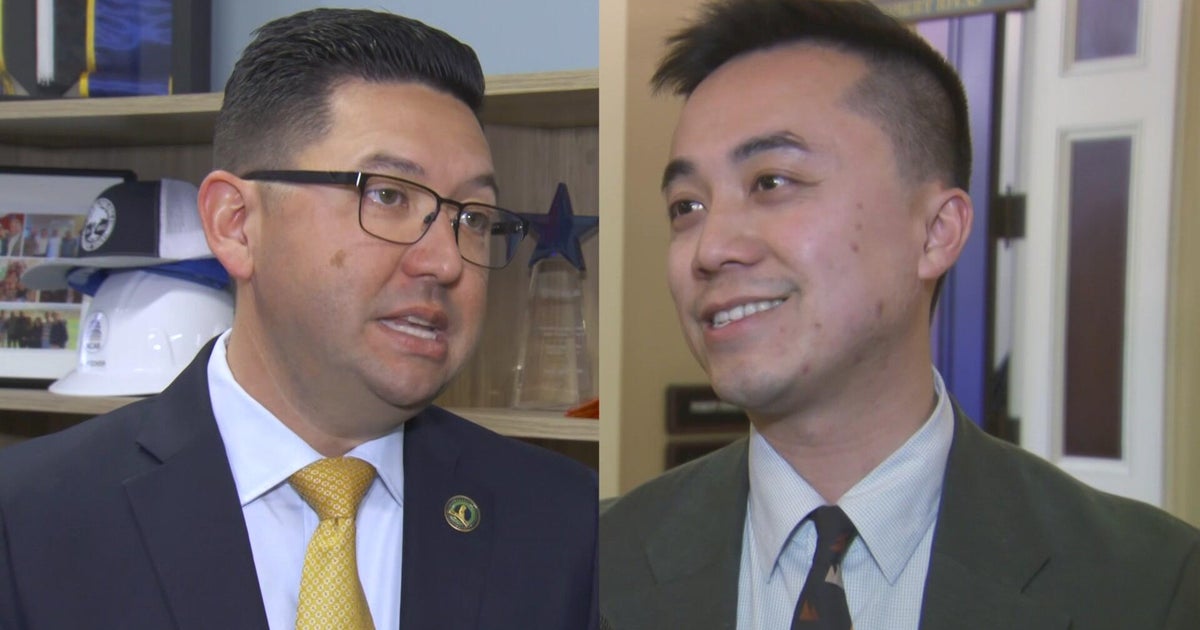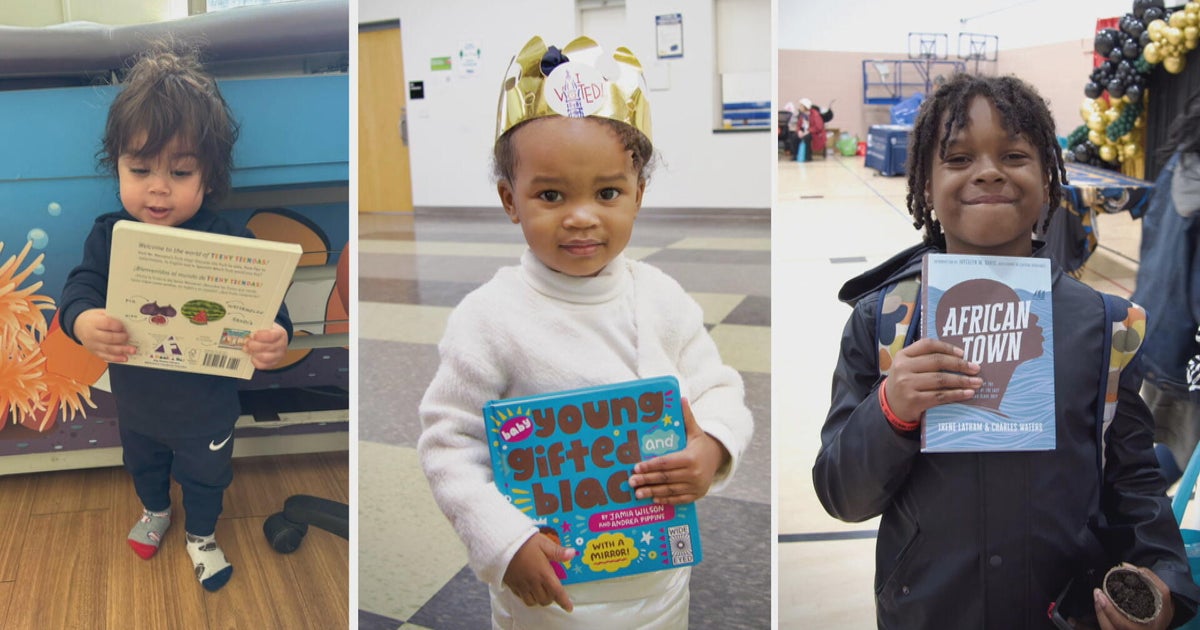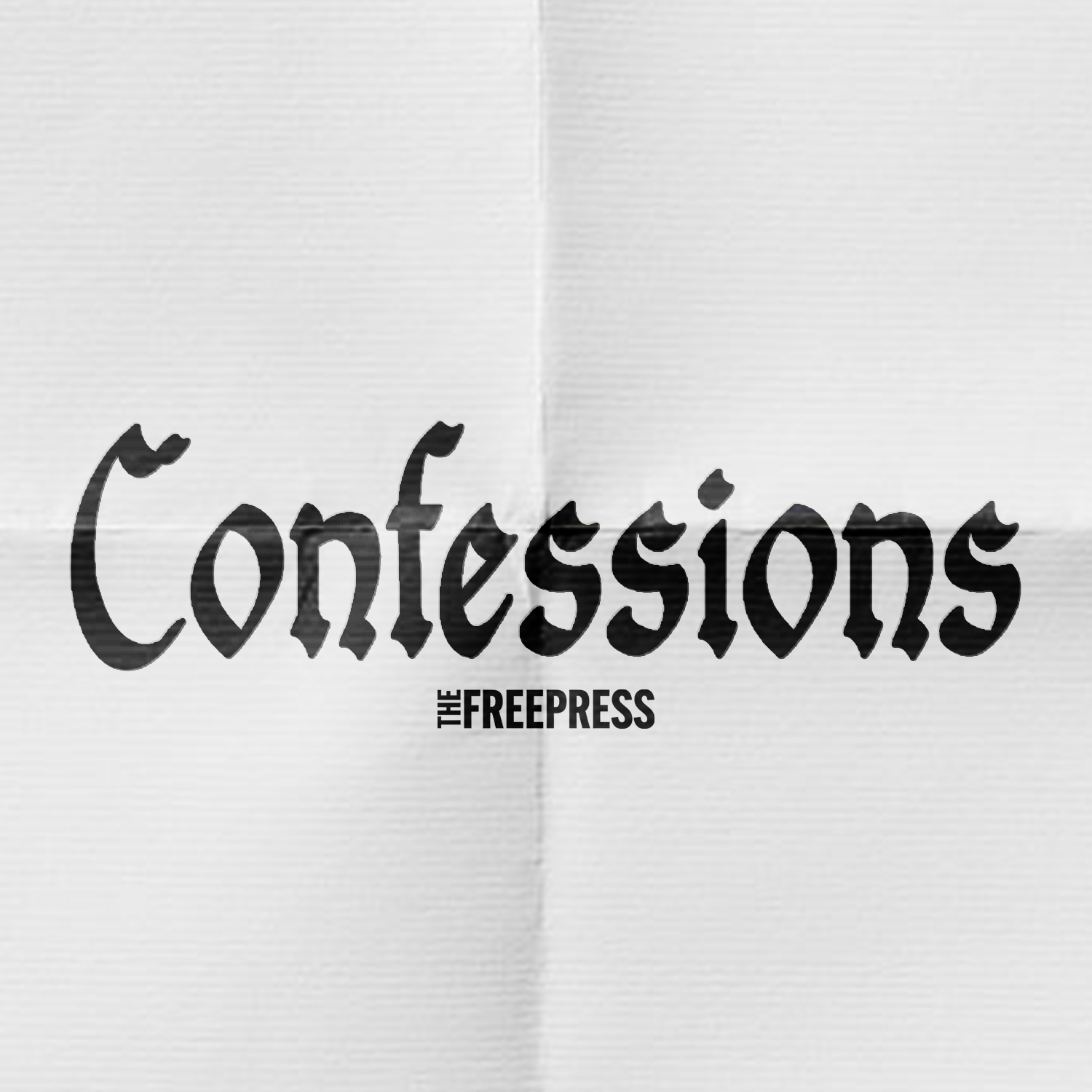How to be better at asking for help
Though we might desperately need it, asking for help can often make us feel uncomfortable or awkward. Research shows that people underestimate the odds of getting assistance when they ask for it by nearly 50 percent.
Social psychologist Heidi Grant wants to change how people think about help and how they approach asking for it. In her recently published book, "Reinforcements: How To Get People To Help You," Grant argues that people are wired to be helpful – you just have to learn the best way to ask.
Grant told "CBS This Morning" on Wednesday that there is a tendency to focus on what we're asking people to do and not enough on what they might be getting out of helping someone else.
"There's tons of research that shows there's basically nothing human beings do that's more rewarding and gives them a bigger boost of self-esteem than being helpful. So people actually like helping. They get a warm glow. They get a kick out of it," Grant said.
She recommends asking in person or over the phone. Text or email might be more comfortable for requesting help, but it allows a much easier out for the individual being asked. Grant's data shows it's 34 times more effective when someone asks in person.
"There is a discomfort when people have to say no, and that is actually part of the reason why asking over email or a text is a bad idea, because they're not as on the spot. You know, it's easier for you to ask by email because you feel more comfortable. It's easier for them to say no because they feel more comfortable," she said.
Lastly, Grant recommends being very specific with your request.
"Be as explicit as possible to say this is exactly what I need and exactly how I need it. Then they can feel confident that they can make a decision about whether or not they can help you. Everyone wants to be an effective helper. No one wants to be a bad helper. So, the more clear you are, the better."



